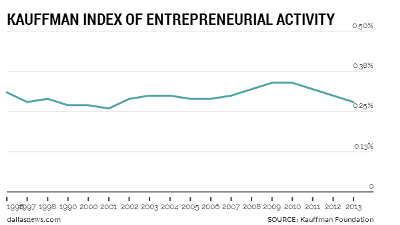To all: be aware that what people present of themselves on social networks is not what they are in reality. “Facebook feeds the highest level of our most basic human need: self-actualization. It allow us to present ourselves in the way in which we would like others to see us” writes Mitch Joel in his blog.
 This has significant consequences, in particular of course that (most) people will present themselves in a better way than what they might be or feel in reality. Also, we more often post stuff when exciting things happen to us, not when we are doing boring household chores!
This has significant consequences, in particular of course that (most) people will present themselves in a better way than what they might be or feel in reality. Also, we more often post stuff when exciting things happen to us, not when we are doing boring household chores!
As I mentioned in a previous posts, the Fourth Revolution and the virtual relationships we develop presents us with a number of challenges relating to our emotions. It is easy to get injured by a post or a comment.
The fact that people invent a sort of parallel life on their social network feed is one of the elements that can contribute to create strong emotions, in particular when it would seem that all our contacts live a far more exciting and varied life than we do.
In reality we are creating new virtual realities of ourselves online, which map somewhat but not completely with our reality. What we post is not who we are. And don’t believe that you know what people really are when you look at their feeds!














